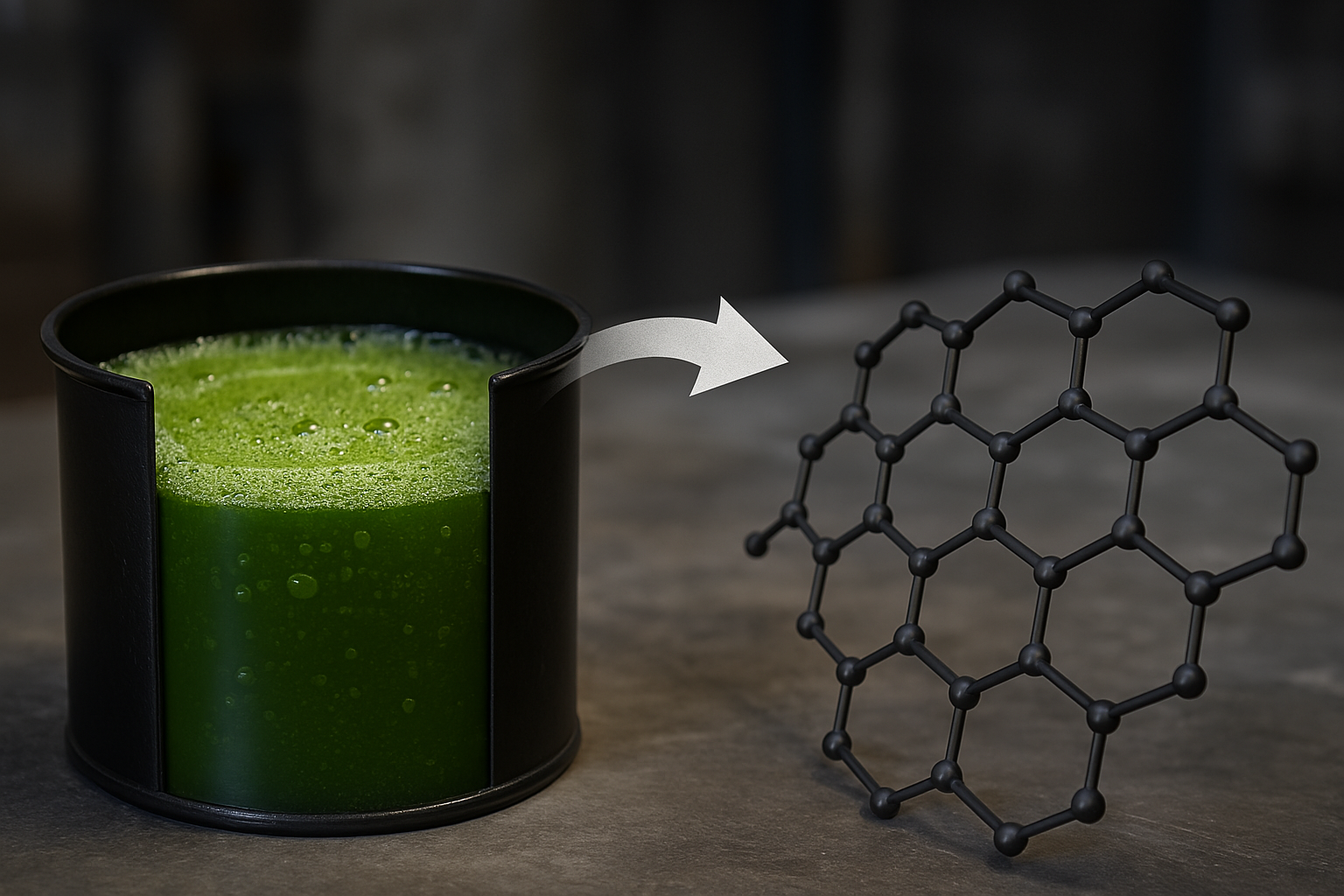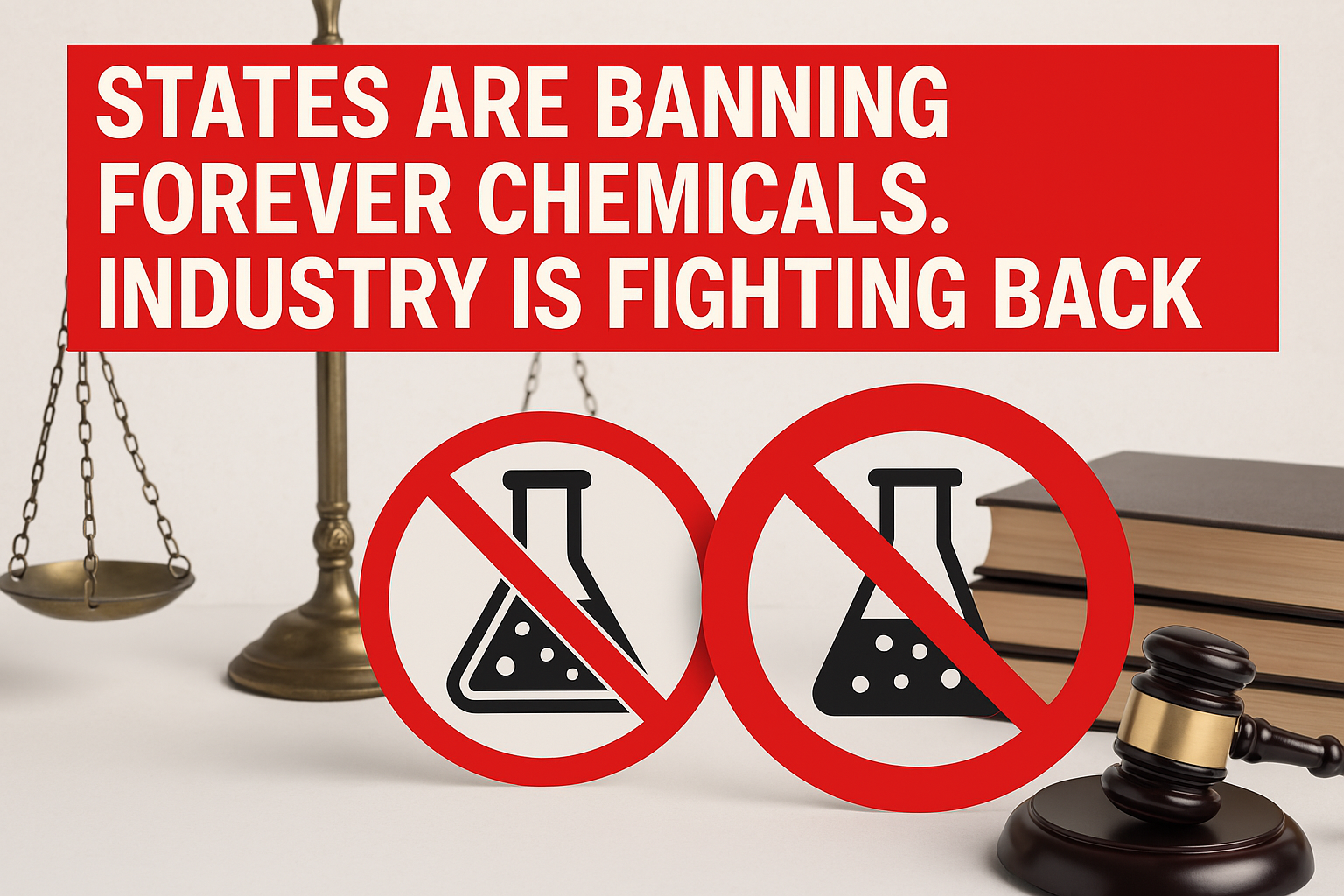Reference: Adapted from Rice University – New PFAS Removal Method Transforms Waste into Graphene
Location: Houston, Texas (Rice University)
Date: April 8, 2025
Status: INNOVATIVE – Dual-Purpose PFAS Elimination & Graphene Creation
Threat Level: ☠ LOW (Pending Deployment)
Overview
In a major win against the reign of forever chemicals, Rice University scientists have developed a revolutionary method that not only destroys PFAS with near-total efficiency—but upcycles the toxic waste into graphene, a supermaterial used in everything from electronics to future-proof building tech. Unlike traditional PFAS treatments, this method offers zero secondary waste, scalable application, and actual economic upside. Welcome to the future of chemical warfare: green, clean, and graphene-laced.
Contamination Source
PFAS—synthetic chemicals found in cookware, waterproof gear, fire foam, and food packaging—are notoriously difficult to destroy due to their hyper-stable carbon-fluorine bonds. Existing treatments are energy-intensive and create secondary pollutants. Millions remain exposed through contaminated water, with long-term risks including cancer, liver damage, and immunotoxicity.
Key Details
- The flash joule heating (FJH) process hits 3,000°C in under one second to obliterate PFAS molecules.
- Combines spent activated carbon with salts to both destroy PFAS and synthesize high-value graphene.
- Achieves 96% defluorination efficiency and 99.98% removal of PFOA—with no toxic byproducts.
- Works even on “immortal” variants like Teflon R, previously considered nearly indestructible.
Health Impact Forecast (if deployed at scale)
⬆ Drastic reduction in PFAS-contaminated waste and water
🧬 Cleaner water = fewer cancers, thyroid issues, and immune disorders
💀 Elimination of landfill and incineration risks from current PFAS disposal methods
Real Talk from the Field
“Our method doesn’t just destroy these hazardous chemicals—it turns waste into value.”
— Dr. James Tour, Rice University
“This is a game changer. It gives us a scalable tool and a reason to clean up faster.”
— Phelecia Scotland, Lead Researcher
“From toxin to tech-grade graphene? That’s some real-life alchemy.”
— PFAS PLANET Analyst, anonymous broadcast
What’s Next?
- Expansion of pilot programs in water treatment facilities and industrial cleanup zones.
- Tailoring the method to produce carbon nanotubes, nanodiamonds, and other materials.
- Strategic partnerships with environmental agencies, military, and graphene-hungry industries.
- Potential deployment in PFAS hotspots worldwide, including rivers, military bases, and landfills.
Message to the Collective
We’ve seen forever chemicals linger like a curse—unchallenged, untouchable, unkillable. But now, flash joule fire might be the sword that ends their rule. This is more than destruction—it’s transmutation. A glimpse of a planet not poisoned but purified, where graphene blooms from the ashes of chemical war.
Science wins. PFAS lose.
This is PFAS PLANET.





